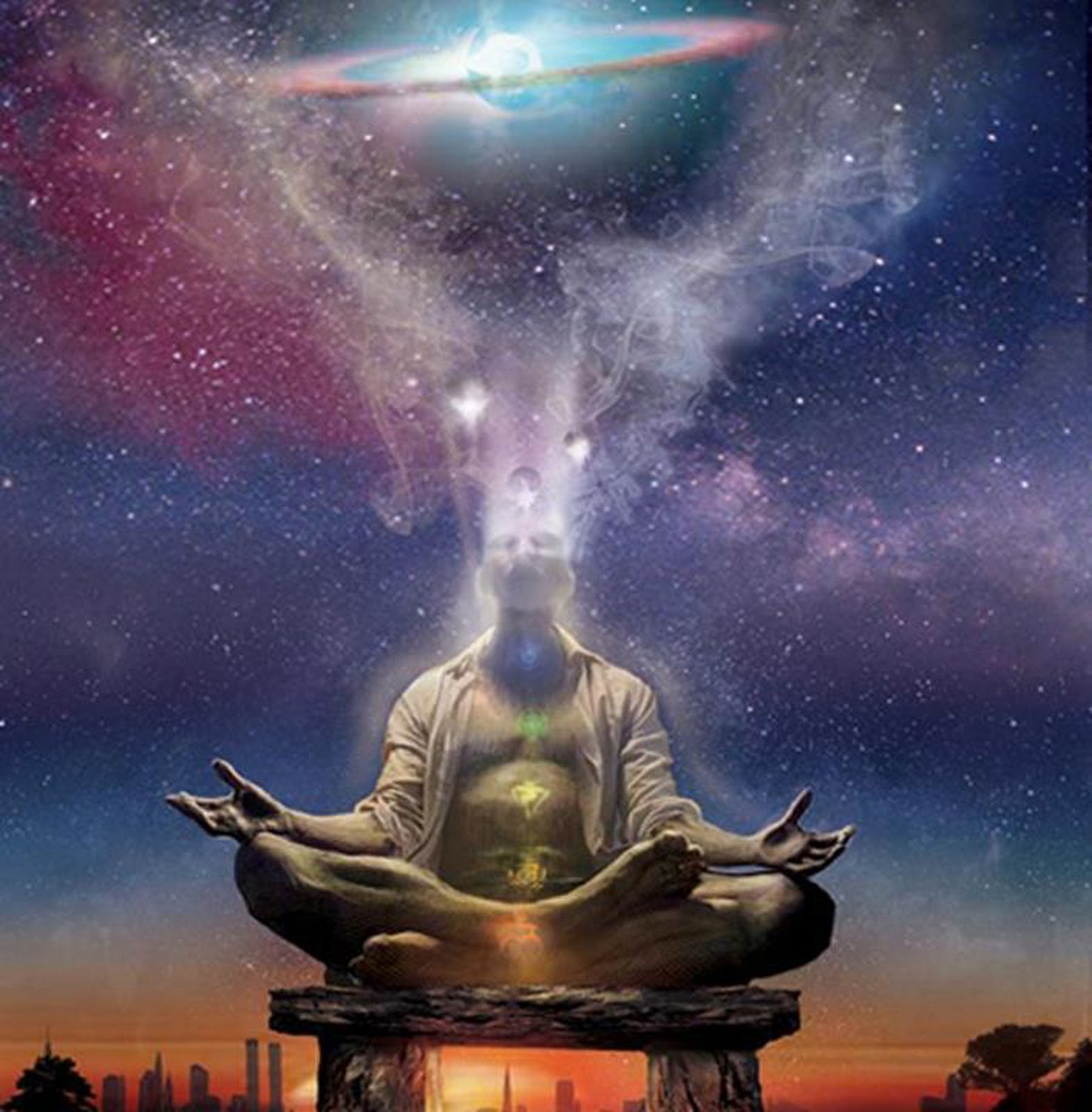A huge mass of gray and white clouds, looking like hundreds of cottonballs packed together and filling the southern sky, move almost imperceptibly from west to east. Small slices of blue open up between the individual clouds, and every few minutes the sun bursts through with brilliance and warmth.
As you watch the conglomeration of cumulus inch their way across the sky, you suddenly have the feeling the earth itself is moving. The sensation, though illusory, is so strong that it’s mildly disorienting. The simulacrum is probably the closest one can come to feeling the rotation of the earth.
Steven Pinker’s latest book, “Enlightenment Now,” is a slap in the face to anyone serious about enlightenment. The so-called Age of Enlightenment, based on the veneration of reason, empiricism and science, has spiritually, philosophically and ecologically dead-ended.
Pinker, the poster boy of fuzzyheaded intellectuals, has floated to the top of the septic tank of this society by “refusing to be pessimistic.” He achieves this by setting up and knocking down the straw man of “nostalgia for the economy of the 1950’s, when jobs were plentiful and unions strong.”
 What Pinker and his ilk refuse to grasp is that it’s not the economy stupid, or any other metric of post post-modern man’s glorious achievements, but the inward darkness and deadness that has saturated their vaunted Western civilization.
What Pinker and his ilk refuse to grasp is that it’s not the economy stupid, or any other metric of post post-modern man’s glorious achievements, but the inward darkness and deadness that has saturated their vaunted Western civilization.
By preaching the gospel of positive thinking in the Harvard professor’s garb, Pinker thereby adds to the very pessimism and cynicism he dismisses, and considers it his solemn duty to offset with statistics.
As the saying goes, there are lies, damn lies, and statistics. The I-can-have-things-both-ways-because-I’m David Brooks intones, “Pinker has data in sphere after sphere marking the progress we’ve made in health, the environment, safety, knowledge and overall happiness…Pinker is a paragon of exactly the kind of intellectual honesty and courage we need to restore conversation and community.”
Speaking out of another orifice, Brooks proclaims, “our nation is emotionally sick…[because] tribal emotions have been aroused, existential fears rain down, narcissistic impulses have been given free rein, spiritual longings have nowhere healthy to go, and social trust has been devastated.” Which is it David?
As a psychologist, Pinker’s superficial, dismissive diagnosis the despair and depression so many people feel amounts to psychological malpractice. He says it’s the result of a lack of information and reason, plus entropy inherent in all systems and irrational belief systems, which altogether generate a misperception of the “facts” of human progress.
Steven, and his newfound third cousin David (“Learning of this kinship tie, I now feel special affection for him,” Brooks says) completely miss the point. Public intellectuals like Pinker and Brooks are cheerleaders for the self-gratulatory Anthropocene Age, fiddling and diddling as the earth burns.
Pinker, a leading false prophet of progress, sermonizes about how we must “rededicate ourselves the Enlightenment’s ideals.” His ignorance is startling, since he fails to ask the first question: Is humankind is heading in the right direction or the wrong one?
Clearly as a species we are still heading in the wrong direction. The basic, increasingly destructive course of humankind has not changed. Things are coming to a head, and actual awakening and enlightenment is the only way ahead.
The ecological crisis has produced a directly proportional crisis in human consciousness, which is usually experienced  personally. Some consciously despair; many fall into subconsciously induced depression. People who are aware see and feel the crisis within and without, which mitigates despair and depression.
personally. Some consciously despair; many fall into subconsciously induced depression. People who are aware see and feel the crisis within and without, which mitigates despair and depression.
What is the common factor in man’s destructiveness? It is the domination of the adaptive strategy of symbolic thought in our species and by our species. Ruled by thought, we think things are separate, and therefore are dividing and fragmenting the earth and ourselves all to hell.
The continuity of thought through habit and tradition has been the way the brain has obtained order, but it has been illusory and has become increasingly disordered.
It is, paradoxically and counter-intuitively, the spaces and silences between thoughts, indeed the complete ending of thought’s continuity in attention to its entire movement, which bring order.
The false and increasingly destructive continuity of thought, whether in the form of belief systems, traditions, or the individual self, spontaneously ends when awareness is allowed to grow quicker than thought through passive watchfulness.
Then whole brain then sees through the ongoing “original sin”—the cumulative mistake of separation and self-centeredness.
Non-directed awareness can be faster than a hummingbird’s wings. When it is, thought slows and even stops, and the brain begins to undergo the transmutation essential to our surviving and thriving as a genuinely intelligent species.
Martin LeFevre

